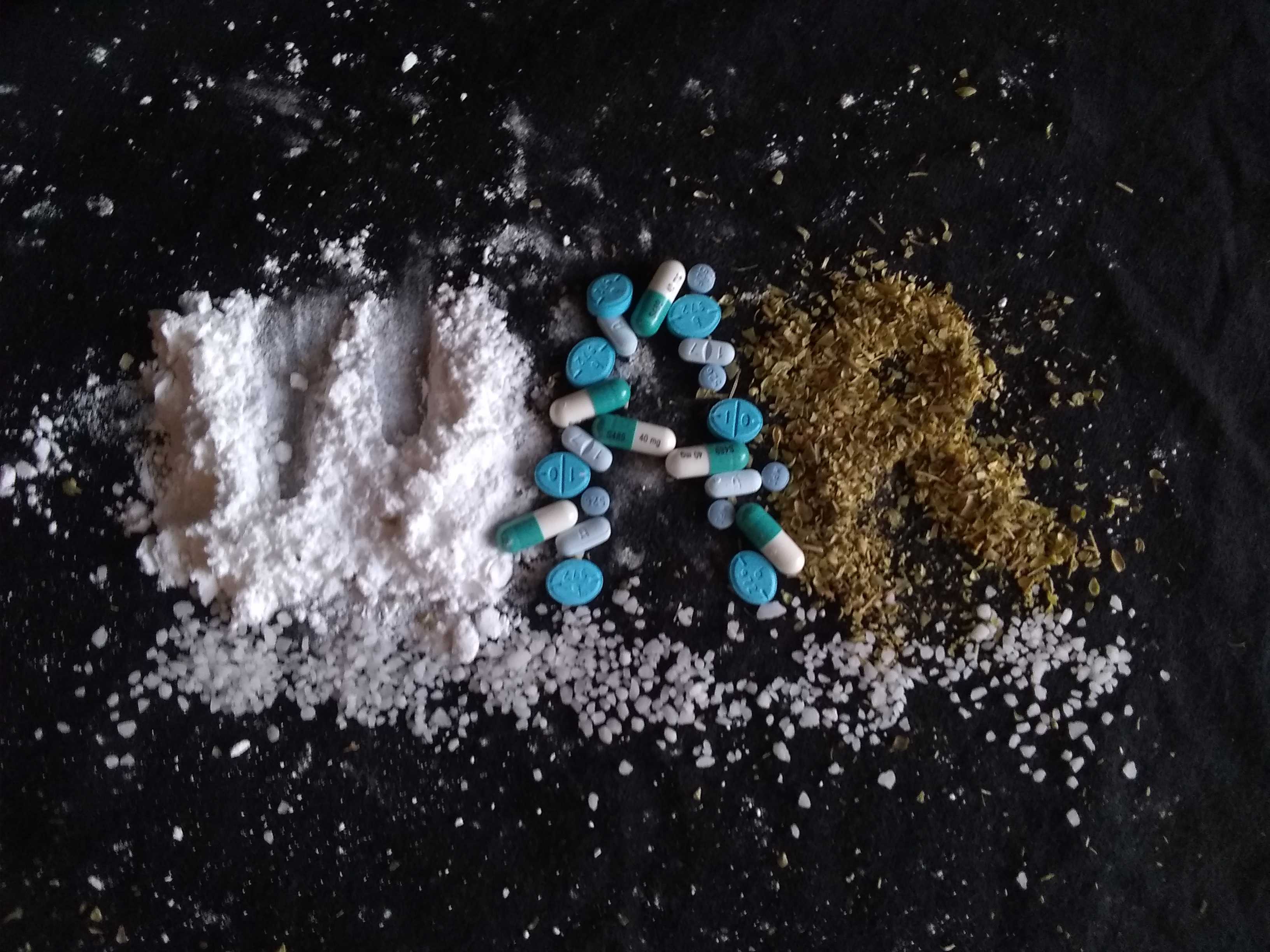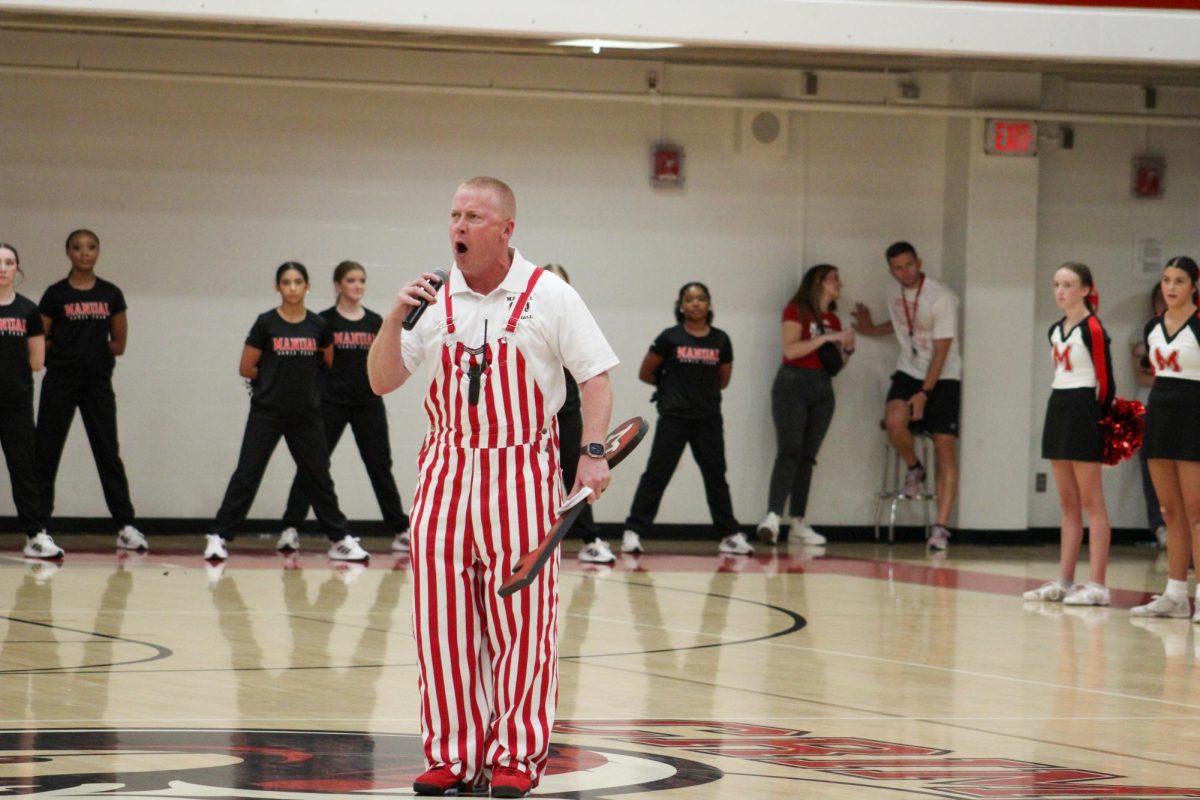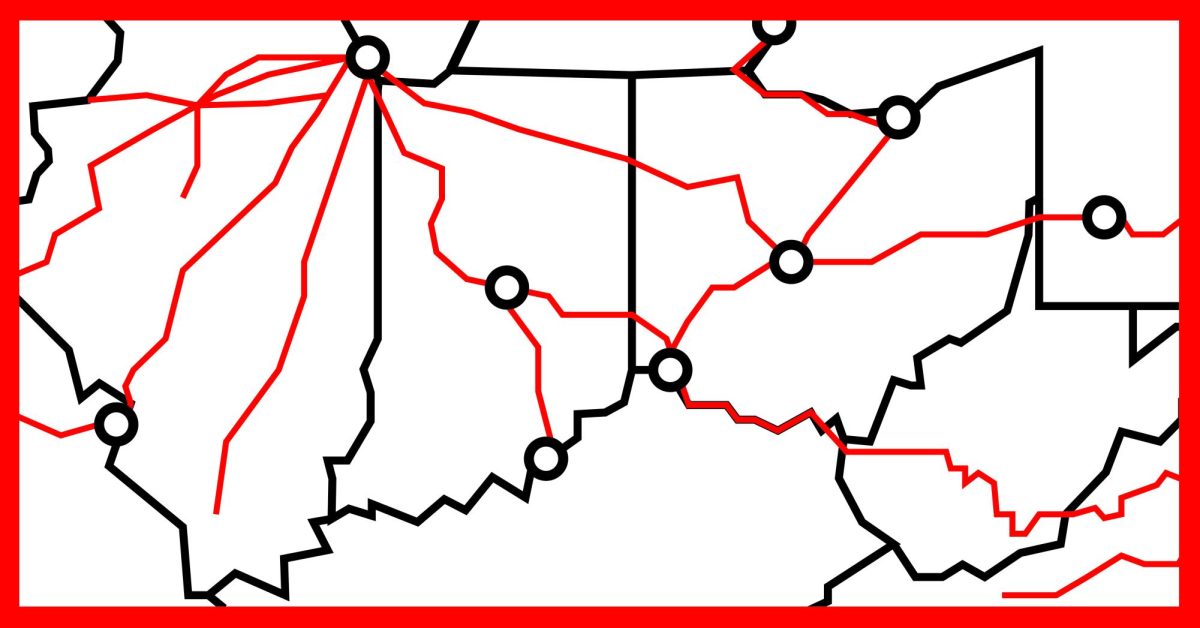This post was submitted to Manual RedEye by Michael Harris (12, MST).

As illegal drugs, such as cocaine and methamphetamine, are becoming more prevalent in both rural and urban parts of the United States, the the government has amplified the war on drugs. Our current president, Donald Trump, has considered executing drug dealers to deter crime. Such measures are similar to those taken by the government of Singapore.
Unfortunately, the war on the drugs is a war that the United States is losing. This is not a surprise as anyone would realize that being “tough” on drug crime will do little to nothing to deter crime. Such actions are based on the premise that criminals, before committing a crime, consider the sentences that they will receive if caught. This notion is quite ridiculous because if that was the case, most people wouldn’t commit crimes in the first place. They would realize that no matter what illegal act they commit, the risk often outweighs the immediate benefits.
Why does the United States continue the war on drugs despite its downfalls? Drug crimes are “victimless” crimes as they only harm the voluntary user. If someone chooses to do a harmful drug, why is that anyone’s business? We should have the freedom to make decisions that we deem viable without the interference of a moral standard imposed by the almighty government. The imposition of this moral standard has only greatly increased the tax burden on US citizens to expand prisons. As of last month, 46.2% of inmates were incarcerated based on drug offenses. Imagine the amount of tax dollars US citizens would save if drug crimes were no longer considered crimes.
Criminalizing drugs not only violates the freedom of people to make decisions and increases the tax burden on US citizens, but it also protects drug monopolies, specifically drug gangs. Such a conclusion can be reached if one observes the effects of the alcohol prohibition in the United States. During the prohibition, infamous gangsters such as Al Capone cultivated numerous speakeasies, resulting in the prohibition being largely ineffective. Only gangs were able to carry out such measures because gangs are more aggressive and have connections with an ever-growing black market. Once prohibition was repealed, many of these gangs dissolved since the market was flooded by other private businesses, increasing competition and rendering gangs superfluous.
The same applies to drug gangs currently. If illegal drugs were legalized, such aggressive measures would not have to be taken, and thus the drug market would attract many private companies. This increase in competition in the market will only lead to a decrease in the price of drugs and an increase in quality, perhaps removing numerous drug gangs and independent sellers from the market completely. Also, the government could receive an influx of tax revenue from these drugs. Being “tough” on drug crime does not require the incarceration of people that are simply trying to make a living off of something the government deems “immoral”. Rather, being “tough” on drug crime requires the allowance of freedom.




